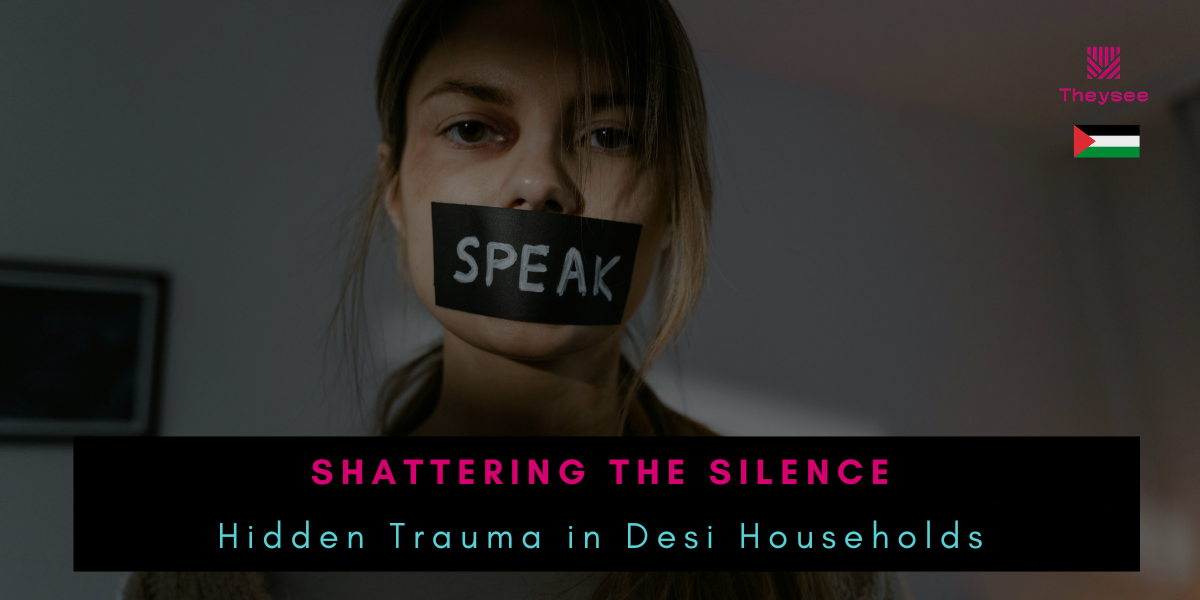Desi households are often perceived as warm, welcoming, and connected. However, behind the surface, many women suffer in silence, caught in a cycle of pain and suppression. The cultural focus on family honor, respect, and tradition may create an illusion of perfection, concealing the dark reality of emotional and physical abuse, financial control, and fraudulent behavior.
The Weight of Expectations
The expectations placed on women in desi households can be overwhelming. They are expected to be the primary caregivers, manage the household, and prioritize their family’s needs above their own. Any deviation from these expectations can lead to guilt, shame, and even punishment. The fear of “log kya kahenge” (what will people say) is a powerful tool used to control and silence women, forcing them to hide their true feelings and experiences.
The Power of Shame
Shame is a potent weapon used to manipulate and control women in desi households. It can be used to justify abuse, suppress emotions, and maintain the status quo. The impact of shame on women’s mental health and well-being is devastating, leading to anxiety, depression, and even suicidal thoughts.
The Many Faces of Trauma
- Emotional Abuse
Emotional abuse involves constant belittling, name-calling, and humiliation, making the victim feel worthless, stupid, or crazy. Emotional blackmail is also a common tactic, where the abuser uses guilt, anger, or self-pity to control the women’s emotions and actions.
- Physical Abuse
Physical abuse takes many forms, including domestic violence, forced marriage, and sexual assault. women may be hit, slapped, pushed, or restrained, or subjected to physical intimidation and threats.
Forced marriage occurs when someone is pressured into marrying against their will, usually by threats, intimidation, or deception.
- Financial Control
Financial control involves restricting access to financial resources or information, causing individuals to depend on others for financial assistance.
- Forced Marriage
Forced marriage happens when someone is pressured into marrying against their will, usually by threats, intimidation, or falsehoods. This might be attributed to family pressure or expectations, cultural or socioeconomic circumstances, or a desire to control the women’s life. Forced marriage may result in a lifetime of pain, with women frequently feeling imprisoned and powerless.
The Invisible Scars
The long-term effects of trauma on women’s mental health and well-being are profound. It can lead to:
- Anxiety and Depression
- PTSD and Complex Trauma
- Low Self-Esteem and Self-Worth
- Difficulty Trusting others and forming healthy relationships
Finding Your Voice
Breaking the silence is the first step towards healing. Creating a safe space for women to share their stories and experiences is crucial. Speaking out against trauma and suppression can be liberating, allowing women to reclaim their power and take control of their lives.
It’s time to shatter the silence surrounding desi household trauma. We must create a supportive community where women can share their stories, heal, and find empowerment. Together, we can break the cycle of trauma and suppression, fostering a brighter future for generations to come.

